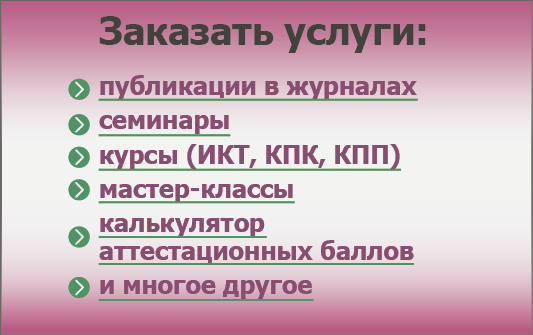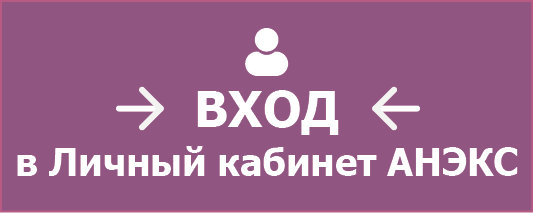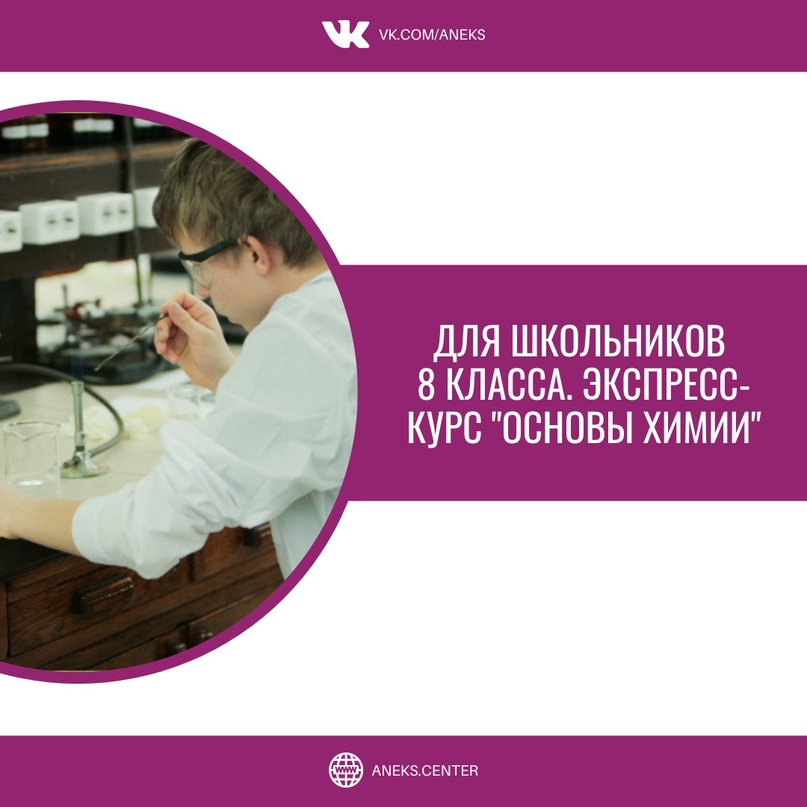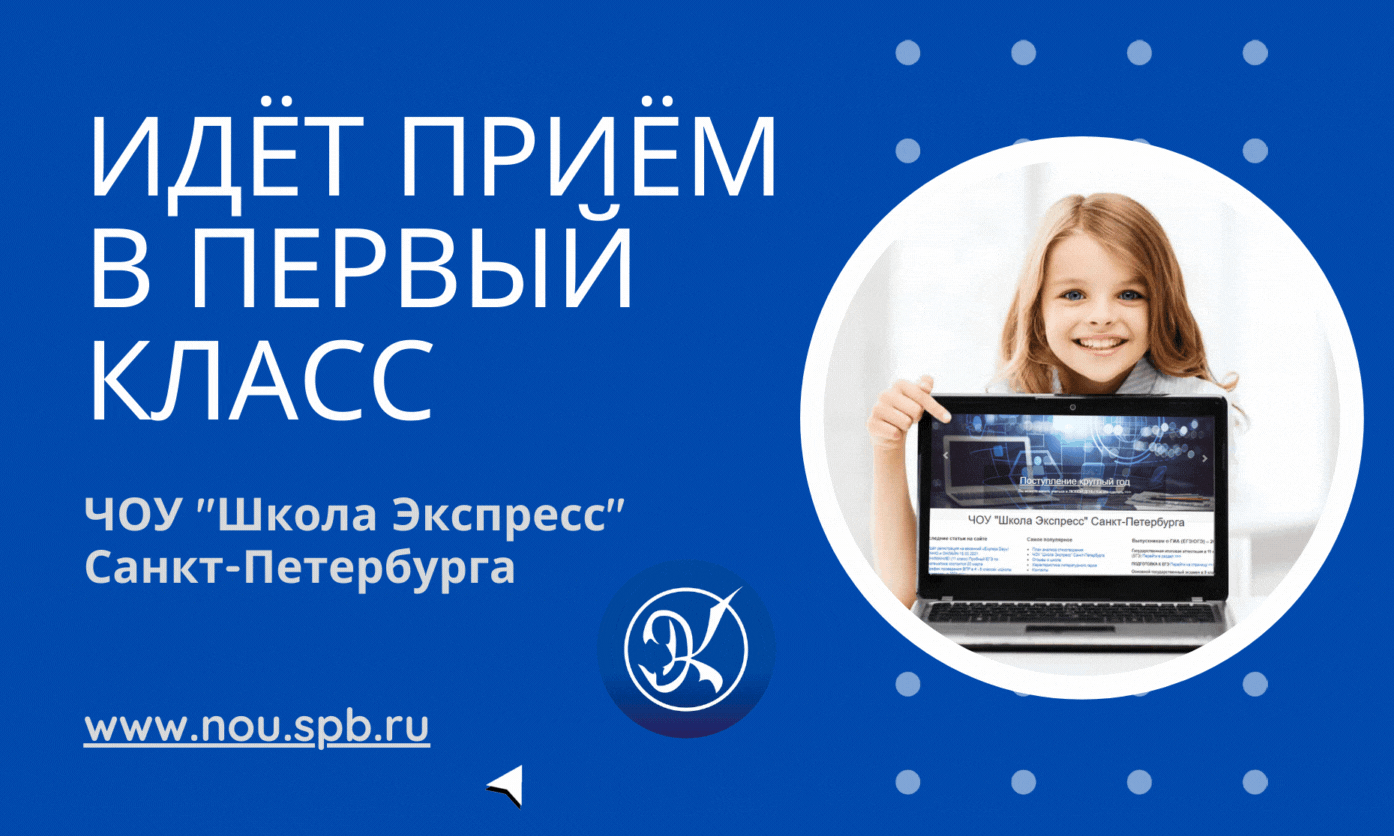Dalina Ubartaite - Vingiene
KAUNAS ADULT‘S EDUCATIONAL CENTER, KAUNAS, LITHUANIA
Educational environment is changing rapidly. Modern educational curriculum is related to the latest ICT. It is commonly agreed that ICT have positive impact on education and that the impact relies on the abilities of the educator to work effectively. Information and communication technology (hereinafter – ICT) are doing a large influence in it. The goal of the article is to analyze change of educational environments enriched with ICT in context of the change of the pedagogical paradigm. The article is based on the analysis of research literature and documents that describe different approaches to competence and ways of ICT implementation.
It is generally believed that ICT can empower teachers and learners, promote change and foster the development of ‘21st century skills. There is widespread belief that ICT can and will empower teachers and learners, transforming teaching and learning processes from being highly teacher-dominated to pupil-centered, and that this transformation will result in increased learning gains for pupils, creating and allowing for opportunities for learners to develop their creativity, problem-solving abilities, informational reasoning skills, communication skills, and thinking skills.
Intensive ICT implementation is one of the most important factors determining substantial changes in the field of teaching, learning process in the secondary school over the last decade in Lithuania. This was influenced by computerization tendencies of all branches and modernization needs in the secondary school. Specifically, research shows that the use of computers as tutors, combined with traditional instruction, results in increases in learning in the traditional curriculum and basic skills areas. Pupils also learn more quickly, demonstrate greater retention, and are better motivated to learn when they work with computers. Most the secondary school pupils reported that ICT was positively helping them with homework and many pupils indicated that access to internet resources was particularly important. The enhanced reflectiveness of teachers when using ICT was felt to be motivating, as was the use of ICT in terms of planning, and the fact that teachers could be more demanding of pupils. The impact ICT was having upon the pace of lessons was felt to motivate pupils and teachers, as was the ability for teachers to share and review to far greater extents. Research likewise suggests that the use of computers, the Internet, and related technologies can indeed facilitate the transformation of the learning environment into a learner-centered one.
Obviously, implementation of new expensive technologies requires to prepare new methods of teaching and learning process. The teacher is playing a supporting role to solve problems, which could not be solved by technological tools. Analyzing ICT implementation in traditional face-to-face studies, first of all the role of the teacher must be taken into account, who is the main knowledge resource and organizer of teaching process. So every teacher seeks his lessons to be more interesting, helpful in realizing educational material as well as helping in development of learners creativity and willingness of news. These aims might be accomplished by using ICT.
For this reason, it is necessary for teachers to develop the competence for use ICT. Educator‘s ICT competence is the combination of ICT generic competence (ICT literacy) and ICT integral educational competence. These competences ensure the educator‘s ability to apply ICT effectively for improving teaching, achievement. Technologies are just supporting tools.
The educational environments enriched by ICT are a dynamic, new quality–oriented education teaching and learning spaces, which created and managed of the ICT competences` teachers. Discussion on development of educational environments, enriched by ICT is proposed to achieve a balance between the various ongoing processes on infrastructure solutions and the teaching of ICT competence development and on updating learning objectives, content and methods.











